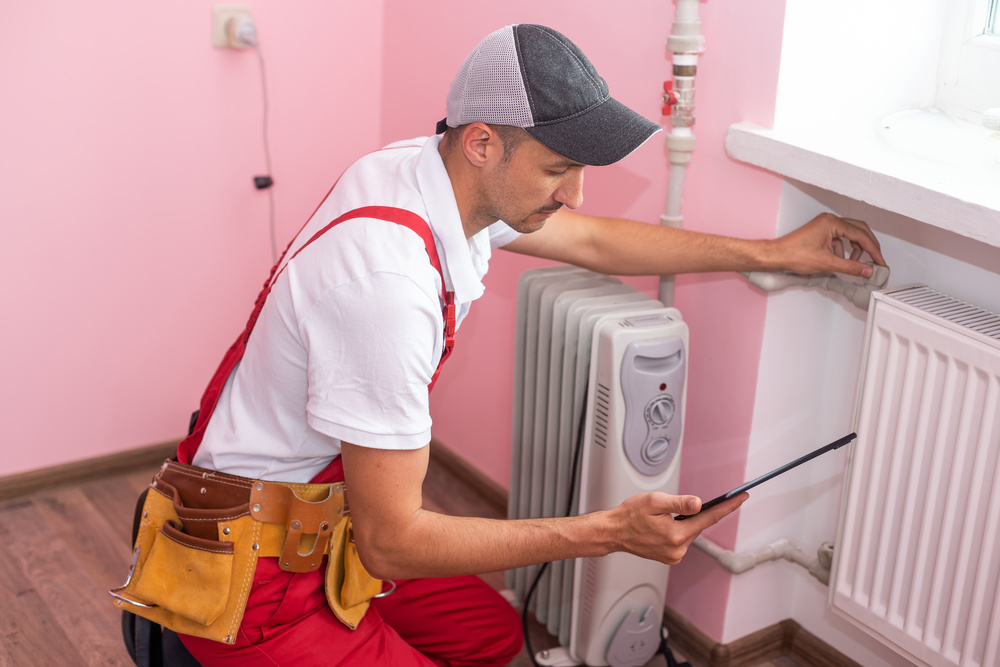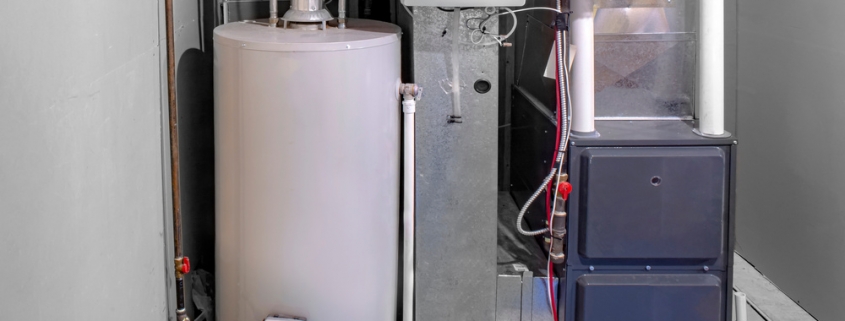9 Key Considerations Before Installing A Hot Water System
9 Key Considerations Before Installing A Hot Water System
Water is necessary for all households, and a hot water system makes it even better, especially during the cold season. It’s one thing to install a hot water system, and it’s another to have one that’s efficient in terms of saving time, energy, and money.
It’s essential to consider the cost of installing the system and the type, among other factors. This way, you don’t get into the high maintenance costs because of the repairs that must be done every so often. Service providers are available to offer hot water system prices that are affordable and manageable.
On the other hand, note that it’s time to replace or install a new hot water system when you have the following indicators:
- Not enough hot water for showering, laundry, and dishwashing.
- Leaks and other physical damage to your tank
- Release of infected water and inconsistent water temperature with low pressure
And to help you even further, this article will discuss what you need to consider before installing a hot water system. Read on to learn.
Hot water demand
You must first establish the purpose of the hot water in your home, the number of people in your home, how much everybody needs, and the plumbing work. Teenagers tend to use hot water more than younger children and adults. These factors will give you a clearer picture of the type of water heater to choose and install. This way, you can provide for the needs of the household without overspending.
Type of water heater
Various types of water heaters are available on the market, including indirect, solar, conventional, and tankless. For instance, opting for a tankless water heater is more efficient because you can heat enough water for various home uses at a reduced energy cost of 30%. But it would be best that you research well the advantages and disadvantages of owning any of these water heater types. And by then, choose one that fits your needs and budget.
Size of tank
It’s advisable to choose a tank depending on how much hot water you need for various uses in your home, like showering, laundry, and dishwashing. A larger capacity tank is preferable because it will cater to all hot water needs in the house. But again, it depends on what use you will need the water for. Look for one that will serve you best.
Installation time and professional/expert
It’s best to have a trained professional install your hot water system instead of doing it yourself because it’ll take more time. While a professional may spend at least three hours installing the system for whichever tank size you choose, it may take you a couple of days to do it yourself, depending on your knowledge of undertaking the task. Installing a tankless system takes more time, especially if it’s a replacement for a tank system.
Source of energy
Your energy source should determine the kind of hot water system to purchase. The energy sources available are electricity, natural gas, and solar. Natural gas and solar power are considered better alternatives because they’re less expensive than electricity. Solar power hot water systems are preferred because they’re more affordable than natural gas and electricity and release less carbon.
Cost of installing a hot water system
The cost of installing a hot water system depends on the type and service provider. A tankless system costs about USD$2,000 more than a traditional one, with a tank costing USD$1,000. Service providers also offer different rates, so you have to take the time to shop around and negotiate for an affordable price that best suits your budget.

Safety aspect
To prevent accidents, you must install a hot water system with safety features like thermal protection, vacuum valves, and pressure release valves. Doing so will not only ensure that your needs are met but also ensure your safety and the durability of the hot water system, which is guaranteed.
Availability of space
The available space in your house is a crucial consideration before installing a hot water system. However, it doesn’t limit you because of the various alternatives you can choose from. You may be unable to fix a standard-sized system because of the small space in your house. The good news is that you can have a shorter heater, e.g., a low-boy water heater that fits within the small space available and holds the same amount of water as a taller one.
Guarantee period and maintenance
A water heater has a warranty or guarantee period of between three and twelve years. However, you can find heaters with a more extended service period but at a higher price. With proper planning regarding your budget, it’s more efficient to go for a hot water system with a more extended guarantee period.
For the system to be long-lasting and to perform well throughout, it must be taken care of and maintained regularly. You are more advantaged when you purchase the system from a vendor that offers after-sale services. You can reach out to the service provider to help you if the system malfunctions.
Conclusion
Providing hot water throughout the year is critical but not hard to achieve. You must plan to invest in a reliable hot water system carefully. Consider the effectiveness and efficiency so that you get value for money.




